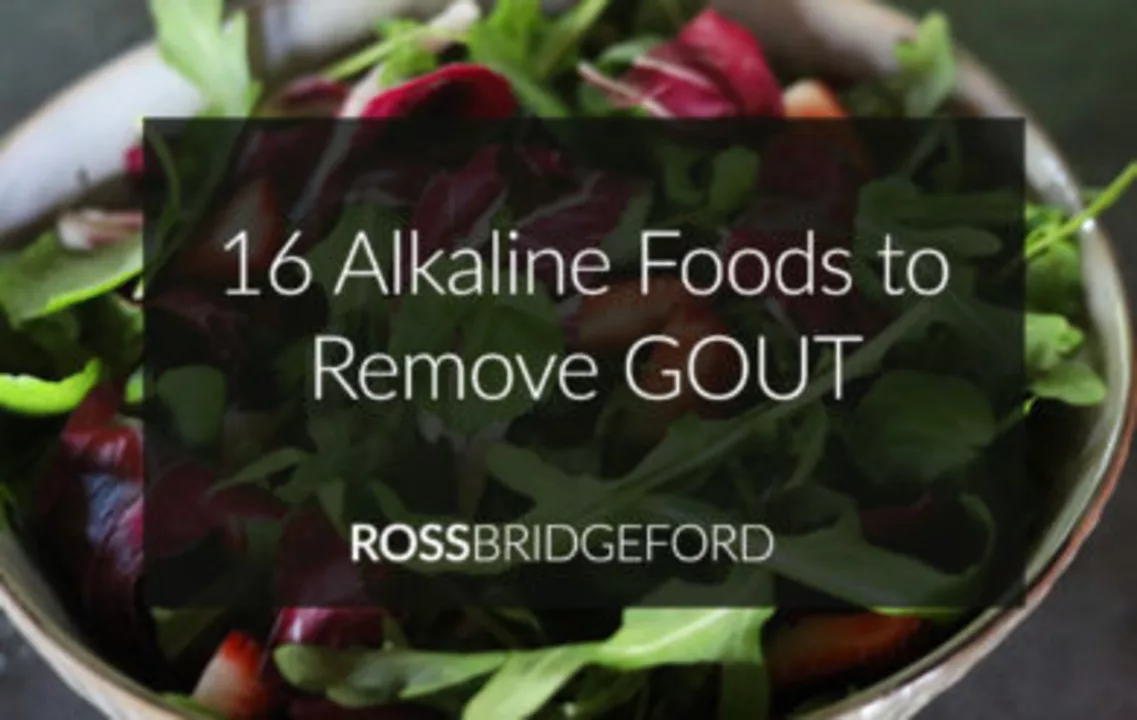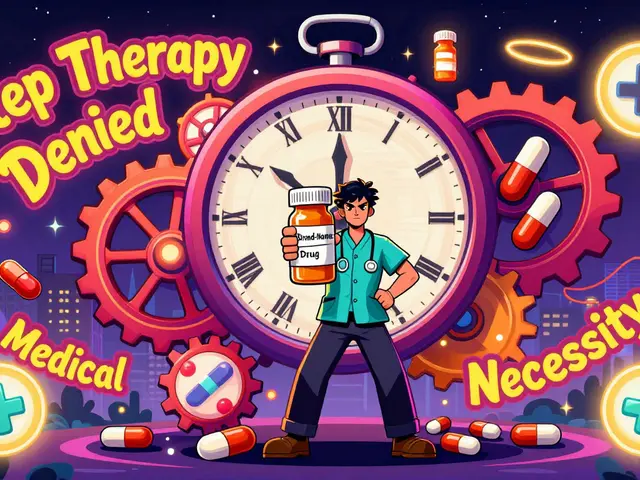Foods to Avoid: Simple, Practical Warnings You Can Use Today
Ever had one drink or one bite change how a medicine works? It happens more than people think. Some foods can make drugs much stronger, much weaker, or cause dangerous side effects. This page focuses on the most common, real-world food traps and clear, doable tips to avoid them.
Common drug-food traps and why they matter
Grapefruit and grapefruit juice: this one’s famous for a reason. Grapefruit blocks enzymes that break down many drugs, so blood levels can jump. That matters for some statins (like simvastatin), certain blood pressure meds, and some transplant drugs. If your prescription warns about grapefruit, don’t take chances — avoid it entirely.
Leafy greens and vitamin K: foods like spinach, kale, and broccoli are healthy, but they change how warfarin (a blood thinner) works. Sudden big changes in how much vitamin K you eat can make your blood too thin or not thin enough. Keep your intake steady and let your clinic know about diet changes.
Dairy, calcium and iron: milk, yogurt, calcium supplements and iron pills can bind to antibiotics such as tetracyclines and some fluoroquinolones, plus thyroid meds like levothyroxine. That makes the medicine less effective. Tip: separate these foods or supplements from your pill by a few hours.
Tyramine-rich foods and MAO inhibitors: aged cheeses, cured meats, fermented soy products and some pickles can cause dangerous blood pressure spikes if you’re on an MAO inhibitor. This reaction is serious — follow strict dietary rules if prescribed these drugs.
Alcohol: it’s not just about feeling drunk. Alcohol can interact with many medicines — metronidazole causes a disulfiram-like reaction, sedatives and opioids get much stronger, and alcohol can worsen liver toxicity with some drugs. If a leaflet says avoid alcohol, take it seriously.
Salt, potassium and blood pressure meds: high-salt foods blunt some diuretics and blood-pressure treatments. Conversely, ACE inhibitors, ARBs, and potassium-sparing diuretics can raise potassium — so cut back on salt substitutes and high-potassium foods like bananas and salt-free substitutes unless your doctor says otherwise.
Simple rules you can follow now
Read the leaflet and ask your pharmacist one quick question: any foods to avoid? If yes, make a short note on your phone. Keep timing in mind: take levothyroxine on an empty stomach and wait 30–60 minutes before eating; separate antibiotics from dairy by 2–4 hours; avoid grapefruit for any statin that warns against it.
Don’t change your vitamin K intake suddenly if you’re on warfarin — eat consistent amounts weekly. Limit alcohol when you’re on sedatives, some antidepressants, or liver-metabolized drugs. For blood pressure meds, cut back on salty processed food and check potassium levels with your doctor if advised.
When in doubt, ask. Pharmacists are trained for this. Bring a current medication list to every visit and tell your provider about major diet changes, new supplements, or herbal teas. A small habit — like waiting a couple hours between a pill and a certain food — can prevent big problems.
Want specific advice for a drug you take? Use our site search or talk to your pharmacist — and check posts like our simvastatin (Zocor) FAQs or guides on thyroid meds for more tailored tips.
Top 10 foods to avoid if you have high uric acid levels
In my latest blog post, I've compiled a list of the top 10 foods to avoid if you have high uric acid levels. These foods, rich in purines, can trigger painful gout attacks and worsen your condition. Some of the top offenders include red meat, seafood, sugary beverages, and alcohol. By steering clear of these foods, you can significantly lower your uric acid levels and improve your overall health. Check out the full list on my blog to learn more about these dietary changes and how they can benefit you.





